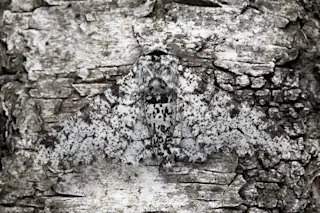Would climate change have greater urgency in the public mind if we started talking more about adaptation? I realize many climate advocates fear that such a discussion is a slippery slope to non-action. But it needn't be. In fact, I believe that more stories and chatter about the growing humanitarian concerns of near-term climate change fallout would help make climate change less abstract to people. That said, it seems the lines of debate are already forming somewhere between this story from Reuters:
Climate change kills about 315,000 people a year through hunger, sickness and weather disasters, and the annual death toll is expected to rise to half a million by 2030, a report said on Friday.
And this UN dispatch from Mozambique:
A detailed study of the effects of climate change on Mozambique has confirmed what many experts feared: unless immediate action is taken, the country will be overwhelmed by ...







